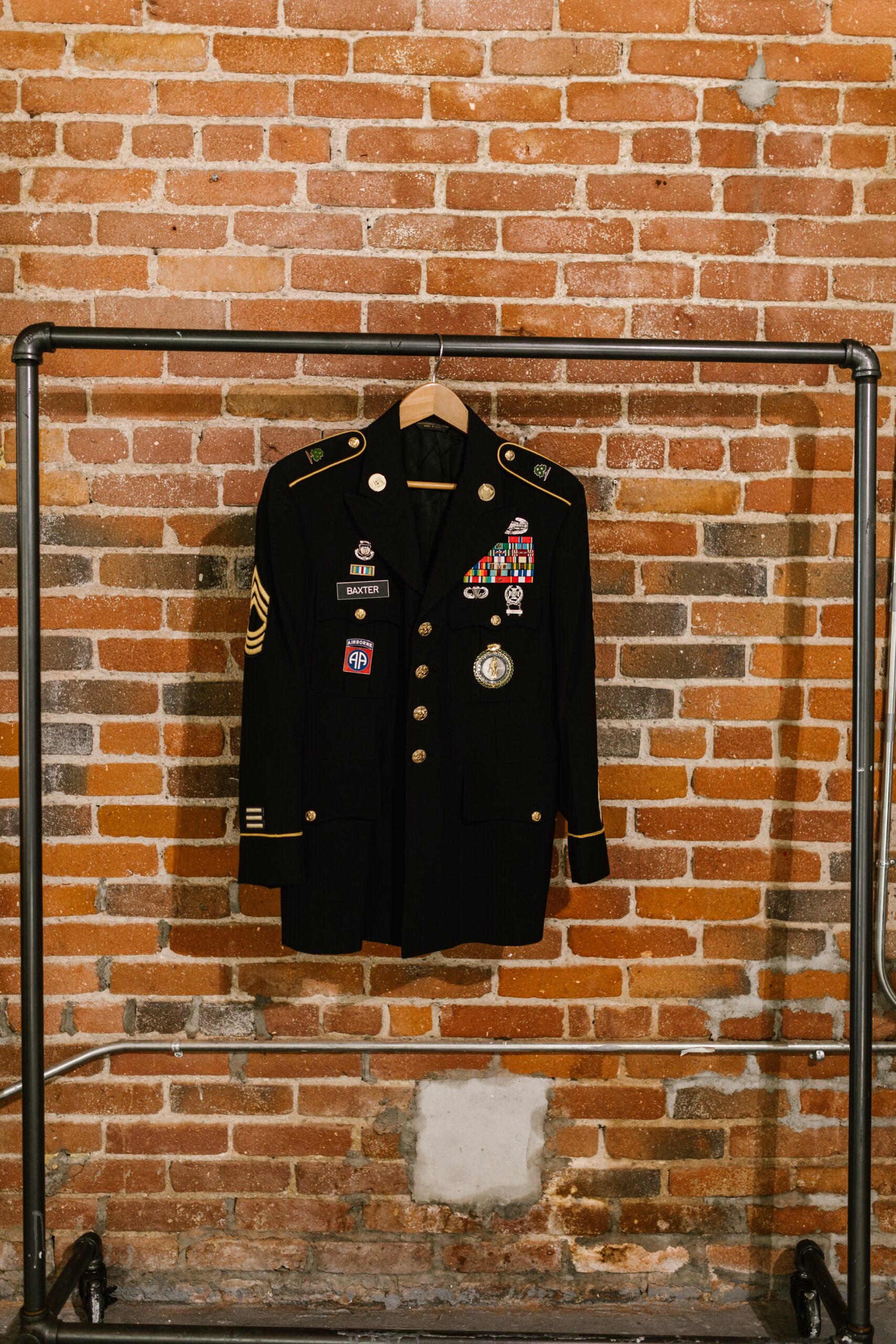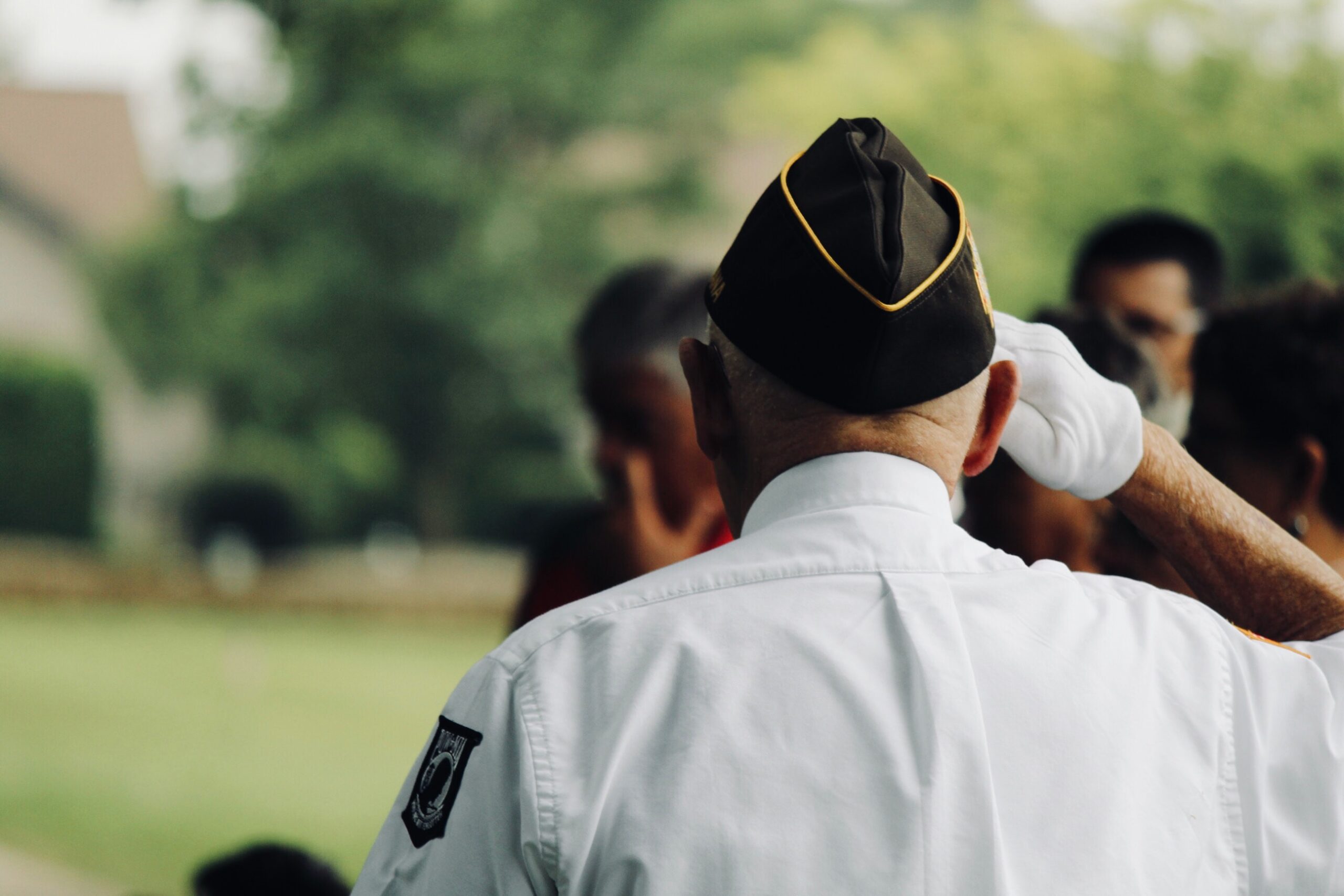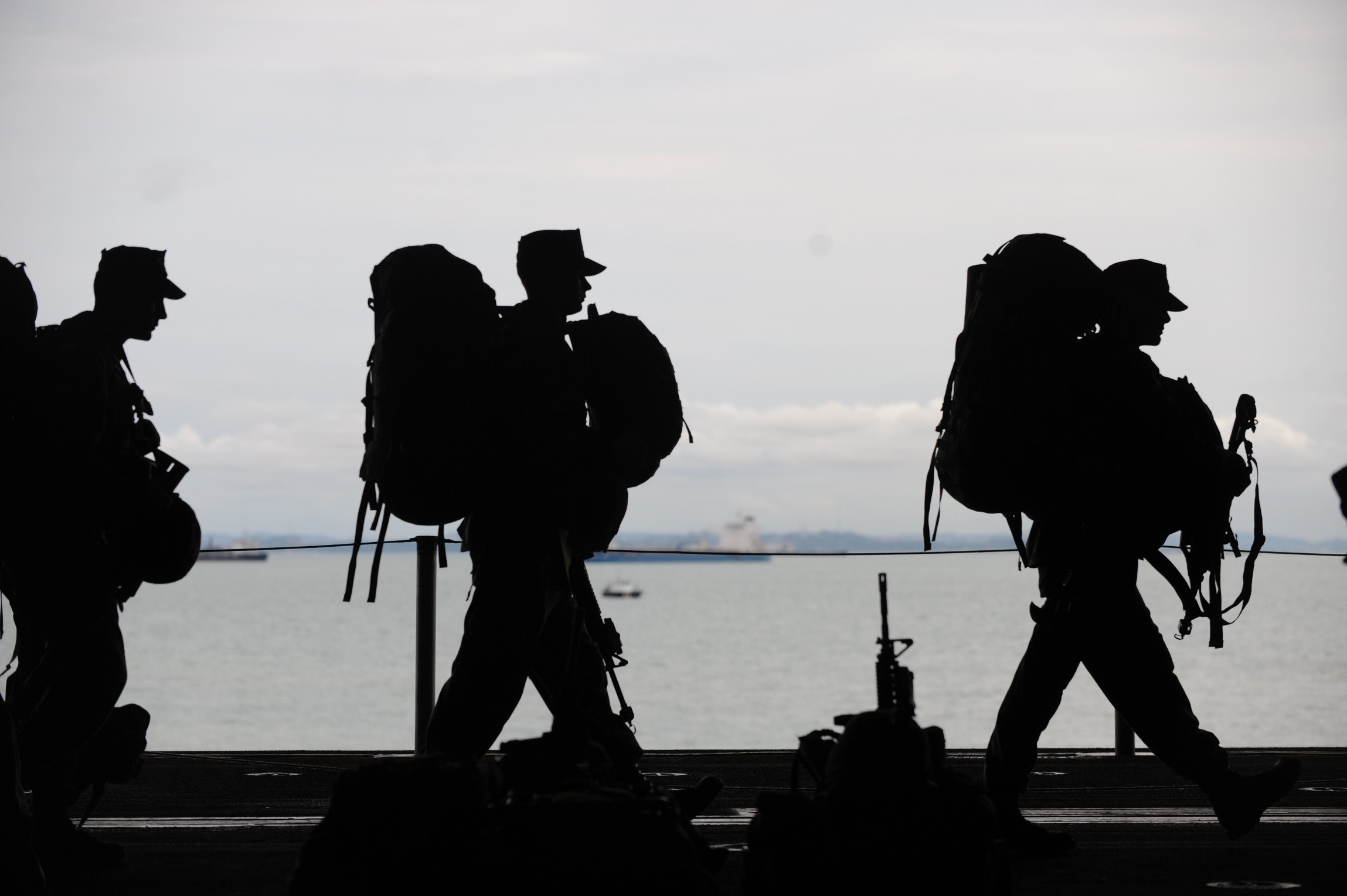How much does it drive depression in Veterans?

There has been a wealth of research on the ties between depression and loneliness. In fact, loneliness has been linked to depression perhaps more than any other psychiatric problem. The two are not synonymous, but they interact with one another.
But to what extent, if any, does loneliness contribute to depression in Veterans?
A VA-funded study has addressed that relatively unexplored question. The researchers tried to learn which facets of social connectedness, including loneliness, are linked the most to depression in former service members. Social connectedness refers to relationships and support networks and is vital to a person’s health and self-esteem.
mong five forms of social connectedness, loneliness was tied to the highest levels of depression and suicide ideation, or thoughts of committing suicide, the researchers found. Loneliness was also associated with the lowest levels of patient efforts to manage their health and to seek help.
Dr. Alan Teo, a psychiatrist at the VA Portland Health Care System, led the study, which is now online and will appear in the April 2018 Journal of Affective Disorders.
He explains that the project didn’t begin as an evaluation of loneliness as it relates to depression in Veterans, but that loneliness became the “takeaway message.”
“I wanted to do it from a perspective where almost nothing is known,” he says. “I looked at different facets of social connectedness to see which one sticks out as being the most important, or conversely whether they are equally important.”
Dr. Somnath Saha, a staff physician at VA Portland and a co-author of the study, isn’t surprised by its main conclusions. He sees many patients experiencing depression and loneliness.
continue reading more here
by By Mike Richman
VA Research Communications



